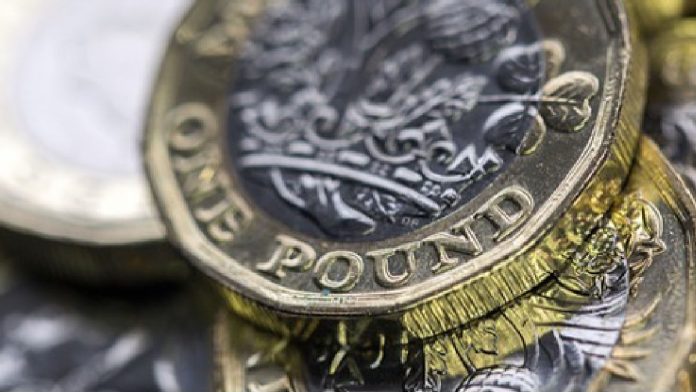In the build up to the SBC Summit Barcelona, the Payment Expert Innovation Series takes a closer look at the key subjects that are at the heart of the industry.
For this edition, Payment Expert spoke to Bjoern Katerbau, Chief Distribution Officer, OKTO, about challenging regulatory requirements ahead of market expansion.
PaymentExpert: Firstly Bjoern, are you able to tell us more about your role and what you do within payments?
Bjoern Katerbau: Within Okto I am responsible for the Okto.Cash product. Both for the product as well as for the cash collection network. Okto.Cash is a cash payment method for the online world and as such, we need to offer consumers a very convenient/dense network of physical points of sales, where consumers can pay for their online purchases.
We contract with partners which specialise in the distribution of prepaid electronic goods, i.e. gift cards, Mobile Top Ups, Prepaid means of payments, etc. I take care of this network across all geographies.
PE: Can you give us a breakdown of how you look at a market before expansion, what type of compliance assessment do you take?
BK: Payment methods and especially cash payment methods are very much regulated. Our product is basically subject to four main areas: a.) PSD2/E-Money directive b.) AML directive and c.) Gambling regulation and last but not least d.) Tax regulation. Before going into any new market we obviously do a thorough legal and tax assessment with the involvement of local lawyers.
PE: Why is it so important that you take a different approach to each new market?
BK: This has a simple regulatory background. If we take the E-Money directive in the EU for instance, we are talking about a so-called “Full harmonisation” directive. Meaning that this directive has to be transposed into local regulation on a 1:1 basis.
AML directives on the other hand only set a minimum standard. EU member states can impose stricter rules than the European directive. We have seen that some EU countries have taken a stricter stance than others. Italy, Greece, France and Germany are good examples.
The gambling regulation is another good example, where member states have taken very different approaches. If we go outside of the EU, it is a different ball game altogether.
PE: Your panel will discuss how technology can be used as an effective tool to enter new markets and facilitate growth. How important do you feel it is for brands to tap into new technology and do you believe it aids in navigating complex compliance?
BK: For a cash payment method compliance is of course a real challenge. Depending on how the product is set up from a regulatory point of view and depending on whether or not you are an “obliged entity” in the eyes of the AML regulation, you may be subject to more or less compliance.
As an e money product for instance, a consumer may fall under the so called low value exemption if he does not transact more than €150 per month and not more than €1000 in a lifetime with reduced due diligence measures. Now, in order to benefit from this, as an issuer, you obviously need to be able to monitor these limits and once achieved, you need to have mechanisms in place to KYC the consumer.
This is where technology comes in. For so called two party payment instruments (i.e. Giftcards) you need to make sure that the person performing the payment at the point of sale is also the one owning the player account.
The shop keeper may do this by asking for the ID, which is not something all the retailers are willingly doing. Here again, one has to find technical solutions to satisfy the regulation.
PE: What is the latest tech you have seen that you think could be crucial within the compliance space?
BK: More and more companies are using tools, which incorporate huge databases and artificial intelligence in order to screen customers and to approve the opening of wallets for instance. MasterCard has interesting tools in this respect.
PE: Lastly, how important is it that the industry has open discussions about compliance?
BK: I think it is immensely important. Let me give you an example. In the latest proposal from the European commission Art. 12 of AMLD5 has completely disappeared. Art. 12 included the above mentioned low value exemption.
Numerous products are building on this exemption (gift cards, which are set up as emoney products for instance – petrol cards for example). If the law project would go through as it is, these companies would have to KYC the consumer from the first euro, which would certainly be a major problem for a lot of companies.
So, there are various organisations and industry bodies, which grouped all the major stakeholders and which are now lobbying against this project. So yes, it is immensely important to have these discussions.
……….
Innovation within payments will be explored in greater detail at this year’s SBC Summit Barcelona, which takes place from the 19-21 of September, playing host to an unrivalled speaker line-up of 450 industry professionals. To find out more about the event, click the banner below.




















